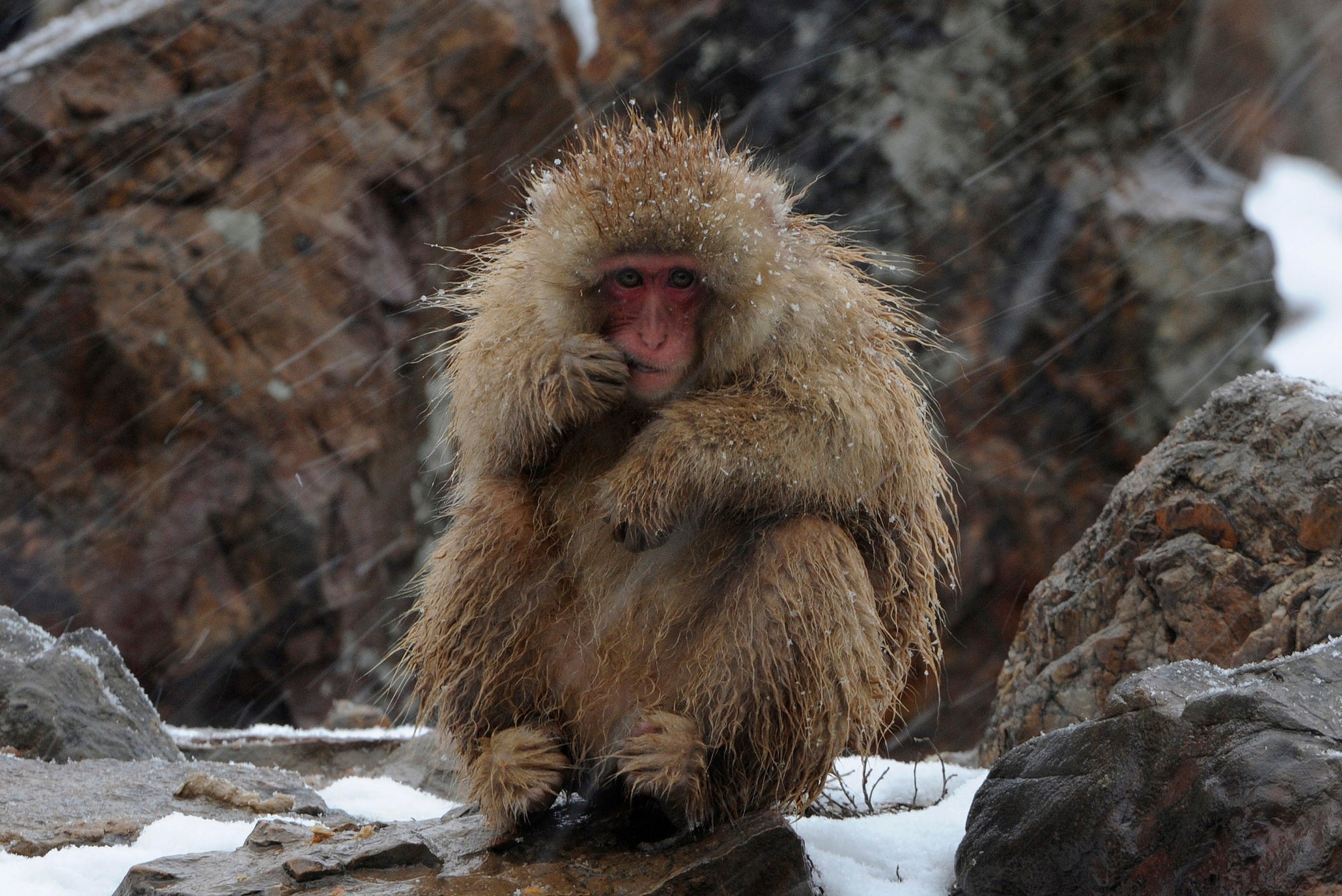The Independent's journalism is supported by our readers. When you purchase through links on our site, we may earn commission.
Fukushima monkeys show signs of 'blood abnormalities' following 2011 nuclear disaster
The wild monkeys showed low blood counts and detectable levels of caesium - though scientist say these are not necessarily related to the nuclear meltdown

Scientists have found abnormalities in the blood of monkeys living near the site of the 2011 Fukushima nuclear meltdown.
Wild Japanese macaques were found to have lower than normal white and red blood cell levels and detectable levels of caesium in their body, all of which could make them more susceptible to disease.
The new study, published in the journal Scientific Reports, looked for signs of radiation exposure in 61 monkeys living in a 43 mile distance (70 kilometres) of the Fukushima Daiichi nuclear power plant.
The power plant suffered a meltdown in March 2011 when it was hit by a tsunami, releasing substantial amounts of nuclear material into the area. Some 300,000 people were evacuated following what was the second largest nuclear incident after the 1986 Chernobyl disaster.
The author's reports suggest that the caesium in the macaques’ bodies comes from the monkey’s winter diet of tree buds and bark - now contaminated.
The 61 animals monitored in the Fukushima area were compared with 31 monkeys living in the Shimokita Peninsula some 400km (249m) away. None of the Shimokita troop showed signs of caesium in their bodies.
However, scientists say that more research will be needed to confirm that the low blood counts of the Fukushima monkeys have been caused by radiation from the nuclear power plant.
Speaking to the Guardian, Professor Jim Smith from the University of Portsmouth said he was “highly sceptical of the claim. The levels of radiocaesium in the Fukushima monkeys are about the same as those found in sheep in some parts of the UK following the Chernobyl accident, i.e. extremely low in terms of damage to the animals themselves.
“I think it much more likely that the apparently low blood cell counts are caused by something other than radiation,” said Prof Smith.
Subscribe to Independent Premium to bookmark this article
Want to bookmark your favourite articles and stories to read or reference later? Start your Independent Premium subscription today.

Join our commenting forum
Join thought-provoking conversations, follow other Independent readers and see their replies